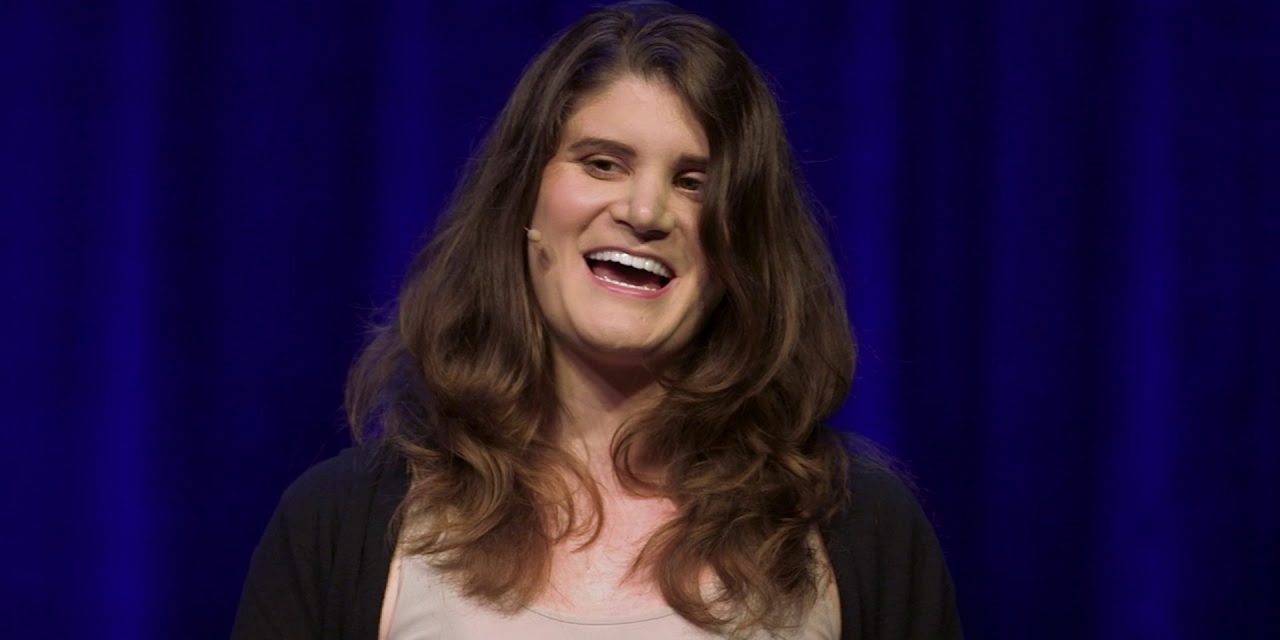When Morgan Vague was a senior in biology at Reed College in Oregon, she isolated three bacteria eating plastics. Specifically, they ate plastic called polyethylene terephthalates or PET for short.
Vague came up with a theory that bacteria are great at locating food source in order to survive. They live in diverse environments, from human gut, to soil and skin. Bacteria have also thrived in ocean floors. The combination of all these factors got Vague interested in the ability of bacteria to come up with food sources.

From one of the samples that she collected at the beach in Galveston Bay, Texas, where she says hundreds of gallons of oil leak into the ocean daily, Vague was able to isolate three strains of bacteria that break down and consume PET.
Even though the discovery of plastic eating bacteria is a huge milestone in tackling environmental problems, there is still a long way to go before any of these could be widely implemented in removing the world’s plastic PET garbage. More research will need to be done to understand how bacteria find food sources and whether it would be an efficient way to clean up the world’s plastic waste.
This discovery by Vague, however, earned her a nomination for Times Person of the year, but lost to Greta Thunberg. She has also appeared on TED Talk.










